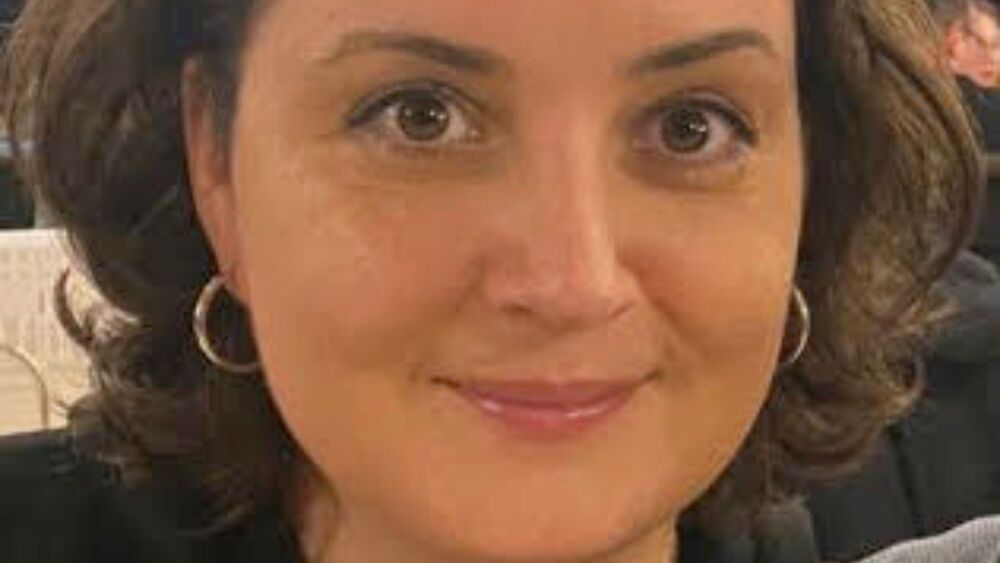You are viewing your 1 free article this month. Login to read more articles.
Picador wins eight-way auction for Heidi Colleran’s ‘fearless exploration of reproduction culture’
Picador has triumphed in an eight-way auction for Dr Heidi Colleran’s “groundbreaking” People Like Us, a “fearless exploration of reproduction culture and how we organise our families”.
Publishing director George Morley and editorial director Andrea Henry acquired UK and Commonwealth rights from Will Francis at Janklow & Nesbit for publication in spring 2027. People Like Us has also sold in France (Editions Stock), Germany (Klett-Cotta), Portugal (Betrand), Romania (Publica) and in Spain (Paidos).
In People Like Us, Colleran, an associate professor of evolutionary anthropology at the Max Planck Institute, “looks at cultures all over the world and throughout history that live according to different social facts of life than ours”.
The publisher continues: “Exploring the new science of reproduction and family, Colleran expertly journeys into these alternative worlds to discover the different ways that people shape their lives and – if we accept that the West’s is not the master narrative of family-making and that genetics is not the master cause of our behaviour – how different our own social structures might look in the future.”
Henry said: “Heidi’s book is a fearless exploration of our social structures and relationships that dispenses with a default Western narrative that applies to only about 12% of the world and opens up many exciting possibilities for how we might organise ourselves differently in the future. It’s both a feminist argument and one that champions diversity. For us, this was a must-have big-ideas book that turns much of current thinking on its head. We’re delighted to have triumphed and look forward very much to working with Heidi.”
Colleran added: “I was blown away by the positivity of the Picador team and how deeply they got the messages of the book: human behaviour continues to evolve in diverse cultural worlds; we’re not determined ‘by nature’ to reproduce the way we do, now or in the past. There’s so much to learn from how other peoples navigate having children and raising families. Bringing that diversity into our science can broaden our vision of the world, and how it could be. That, to me, is a hopeful exercise.”















